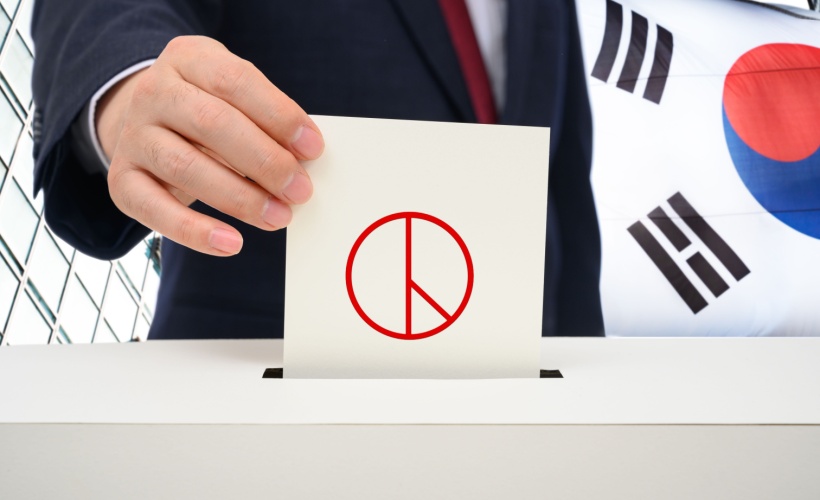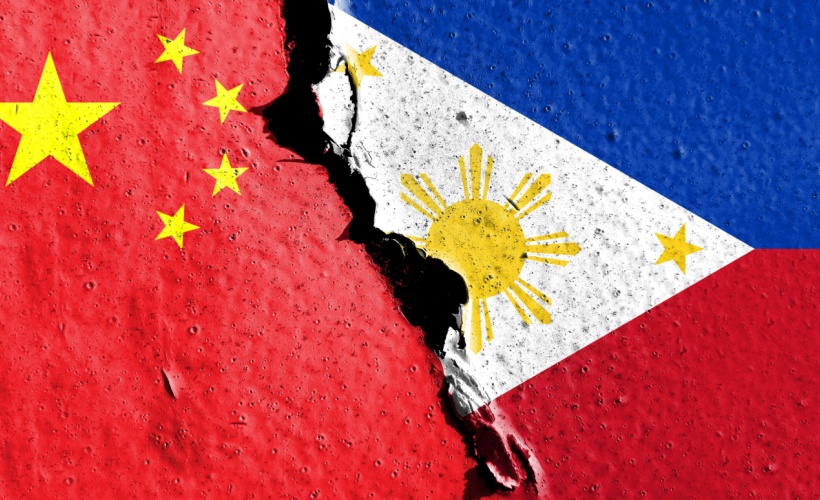By Professor Bill Hurst, Deputy Director
There has been much attention in media and public discourse to alleged parallels between Russia’s invasion of Ukraine and the threat of invasion of Taiwan by Mainland China. Much of the discussion is overly simplistic, however, in several key respects.
First, China is not in a position to support Russia uncritically or unconditionally. While it is true that a weakened Ukraine, frayed bonds of alliance within NATO, a fractured EU, and a major distraction drawing the US out of Asia and back into Europe all play to certain Chinese strategic interests, the risks and trade-offs are just too great to warrant unequivocal support for Russia’s cause. For starters, Russia’s articulated justification for invasion was recognition of the sovereign independent rights of separatist regions within Ukraine. China has its own separatist province (and potentially other regions too) and so would be hard pressed to endorse war made on such grounds.
Second, China actually offered Ukraine a security guarantee in 1994 and a general ‘Treaty of Friendship’ (which comes close to promising a more comprehensive security guarantee) in 2013. China cannot support Russia, therefore, without effectively reneging on its treaty obligations.
Finally, the economic costs – both immediate and potentially longer-term – to China of supporting Russia but alienating most of its other major trading partners are just too great to countenance, especially given China’s systemic and structural vulnerability and specific difficulties emerging from the pandemic. In sum, tempting as it may seem from certain angles, China simply cannot lean too heavily to one side in this conflict and back Russia. In fact, it is very likely that, viewing Russia’s actions with great alarm and consternation, China’s leaders do not see a clear best way forward.
But what about Taiwan? Wouldn’t the current crisis moment open an important opportunity for China to take decisive action on Taiwan? Perhaps, but the military difficulties Russia has faced in the field, along with all the factors above, must give China pause. Taiwan is an island that is much more intensely defended than Ukraine. It is almost inconceivable that the Mainland could invade successfully without protracted struggle and massive military casualties on both sides (along with likely even more substantial civilian loss of life on the Taiwan side). Such a scenario would be extremely unpalatable, likely intolerable, even for an authoritarian regime untroubled by any prospect of democratic accountability. Military attack against Taiwan thus seems highly unlikely in the short-term – maybe even less likely than it was 5 or 6 weeks ago.
From Taiwan’s perspective, the situation is obviously extremely dangerous, but maybe not completely dire. Unlike Ukraine, Taiwan is not recognised as a sovereign independent state by most countries in the world. Rather, as only an ‘informal friend’ of the US, Japan, or European allies, Taiwan is even less likely than Ukraine to enjoy direct military or security support. Observing the not very robust assistance given to Ukraine, Taiwan must feel heightened insecurity and concern. This appears to have quieted the previously contentious Taiwanese political debate over whether and to what degree to pursue new weapons procurement or other military preparedness moves.
Taiwan has indeed been reaching out with speed and deep commitment to bolster its most important defence and military links – particularly with the US, but also with Japan and even NATO – to the maximum extent it can. To the extent such moves are successful, Taiwan will have made itself far harder to invade. From the Taiwan side, then, the effect of Russia’s Ukrainian misadventure has been mainly to sideline political debate, harden resolve, and foster the forging of stronger international links.
In all, then, it seems that any effect of Russia’s invasion of Ukraine on cross-strait relations is likely to be quite limited. To the extent there is any effect, it would probably be to make always-tense cross-Strait security relations more stable and predictable rather than less so. The crisis precipitated by Russia’s invasion is global and severe, but sometimes crises can reinforce established equilibria, by increasing negative pay-offs attached to breaking them – and that is what’s going on in the case of cross- Strait relations.







